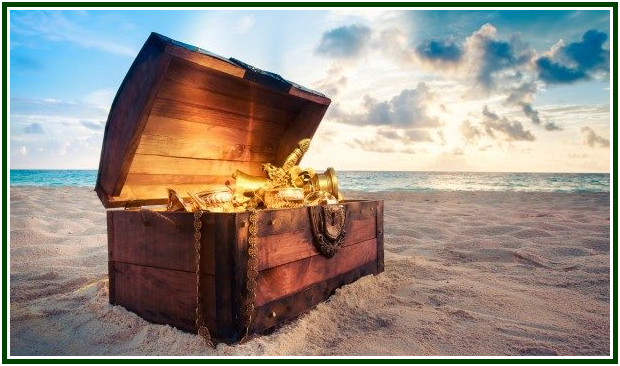
Where Your Treasure Is,
There Your Heart Will Be Also
Carlos Cardoso Aveline

Different people value different things, of course.
Even when they do value the same things, they most often see contrasting values in that which they seem to cherish in common.
Why do you value a forest: is it because of the high price of the wood?
Perhaps you value the trees because of some other economic potentialities, which are more correct from the ecological point of view.
Is the forest valuable for you because it plays a central role in preserving life as we know it in the present civilization?
Or perhaps the forest itself is valuable to you, regardless of the many practical uses it has for mankind and the other living species? We also know that all the levels of value possessed by an object coexist: one needs to determine the emphasis and the relative importance of each sort of appreciation.
Besides the real value of a forest, other examples are possible, and they deserve being examined. The various forms of value are seen from different levels of consciousness. The physical importance of something may be far away from its emotional, intellectual, or spiritual importance.
The depth and sincerity of one’s respect for other beings depends on the point of view from which life is being looked at. Do you measure your own value by the number of apparent friends you have, or by the firmness of the approval you get from your own soul and conscience?
Is your self-esteem in any way dependent on the purchasing power of your credit card, or the amount of praise and applause you receive every month? There are more intelligent approaches to life.
The science of ethics speaks of two main levels of value.
At the instrumental level your life is important because you help people, because you are useful to society, you do good to your community and country.
Your wife makes you happy in many ways; therefore, she is most valuable. Your children are part of your happiness. Your friends, colleagues, your nation and a thousand other factors in life contribute to your contentment; therefore they are most valuable to you. And so are the warm beams of the Sun in winter, the beauty of a flying bird and the shadow of a tree in the summer.
At this level of perception, value is instrumental. If you are unable to go beyond such a dimension of value you are still fundamentally blind to the beauty of life.
Your wife has an intrinsic value: her importance cannot be measured by the amount of joy she makes you experience. The same is true of your children and your nation. It is scarcely intelligent to have respect for people only because, or as long as, they agree with you. The purpose of other beings in your existence is not to indulge you. Through them Life teaches you various ways to improve yourself.
Once we see the intrinsic value of a forest, of a nation, of sunrise, of friendship or humbleness, we recognize the higher and nobler dimensions of instrumental value.
The two things are inseparable.
It is a privilege to be useful to the inner growth of others. Our duties are both material and moral. There is a blessing in having deep respect for one’s fellow-citizens, and for the forests, forest-dwellers and all beings.
In this process, we become conscious brothers of Those who are far more advanced than our present mankind and yet keep in subtle contact with human beings, in order to make sure they tread the path to universal ethics.
Theosophy According to Jesus
In every time and nation, independent thinkers have always pointed out the path to the evolution of the soul. Since the 19th century, many have questioned the system of values in a society whose actual god – the center of people’s existence – is money.
When material values are seen as the decisive factor in life, moral and religious values constitute a matter of mere appearance, a disguise to personal ambition, a tool at the service of selfishness.
Erich Fromm showed the need to choose between “having” and “being”. It is evident that in theosophy, such things as political leadership, money, institutional power and material possessions have no significance in themselves. They provide no true happiness or contentment. Theosophical values produce bliss because they belong to immortal souls. In the Gospel according to Matthew, Jesus teaches the theory of value adopted in classical theosophy. That Jewish master never intended to establish a church, let alone a church that is attached to material power and possessions.
He taught, instead:
“The kingdom of heaven is like a treasure hidden in a field. When a man found it, he hid it again, and then in his joy went and sold all he had and bought that field. Again, the kingdom of heaven is like a merchant looking for fine pearls. When he found one of great value, he went away and sold everything he had and bought it.” (Matthew 13:44-46)
Jesus added:
“Do not store up for yourselves treasures on earth, where moths and vermin destroy, and where thieves break in and steal. But store up for yourselves treasures in heaven, where moths and vermin do not destroy, and where thieves do not break in and steal. For where your treasure is, there your heart will be also.” (Matthew 6: 19-21)
The same teaching is found in the Dhammapada and other scriptures.
By renouncing attachment to visible possessions (money, applause, power), one can attain the heavenly and invisible treasure – the permanent one -, and also the eternal pearl of universal wisdom.
000